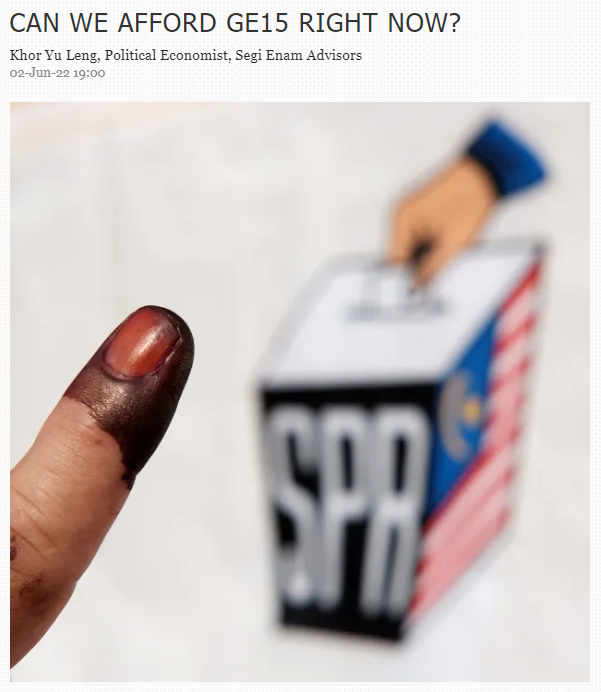The Ministry has since issued an official statement, claiming that the remarks were taken out of context and that it was said in jest.
Orangutan and deforestation issues have been the iconic question for palm oil. The Minister’s apparently flippant comments are a challenge for palm oil promotion intentions, but she points to the bigger (missed) context her call for a focus on orangutan issues and data. Positive and decisive actions on orangutans should be the next step from this inordinate social media storm.
Getting serious about orangutans. The info-data issues include:
Orangutan population data has always been a bit difficult as it is based surveys and back-casting. Newer research seems to estimate a lot more orangutans in the past, and the reduction is often proportionate with forest loss. Some industry observers are suspicious of this, and they also worry about misleading images including a popular photo of an orangutan being "attacked by heavy equipment" that keeps circulating on social media. In fact, we hear that the animal, named Hyundai, was being rescued by this equipment.
NGOs should be more public and transparent with their information. There are even some accusations online lack of accountability for corporate donations for orangutan efforts. Whether true or not, from first hand experience, we know it is hard to find public information about primate conservation projects and their costs.
Primates are complex and not cuddly creatures, and all wild animals need to be treated with respect to reduce conflict with humans. This is a theme of conservation efforts and forums that MPOC has sponsored. Our late 2019 review of MPOC’s wildlife projects are here, and the project list has not seen updates since although there is news of some new initiatives.
There can and should be more public information about orangutans (and other endangered species) from all stakeholders. If we are to care about conservation, we have to get serious about the costs as well as how much area and animals we can cover. Transparency and accountability are key.
For more context of the Malaysia social media storm: Malaysian netizens have been criticising Malaysian politicians for many months now. The wrong words or tone are picked up terribly fast on TikTok, Twitter, and other social media platforms. Over the years, there has been a struggle to promote a positive image for palm oil. A previous effort to put Prime Minister Mahathir as the face of Malaysian palm oil, with a recommendation to "take a spoon a day", came up against counter-currents in domestic opinion as an investigation of school children talking about sustainable palm oil caught many by surprise (and there will be ongoing efforts to ensure children do not “badmouth” palm oil). Mahathir himself was also caught up in political issues with India, triggering a call to boycott Malaysia palm oil.
For more, listen to the BFM podcast here following the Minister’s alleged joke: Zuraida, Orangutans and Palm Oil: Unpacking the Issues
















